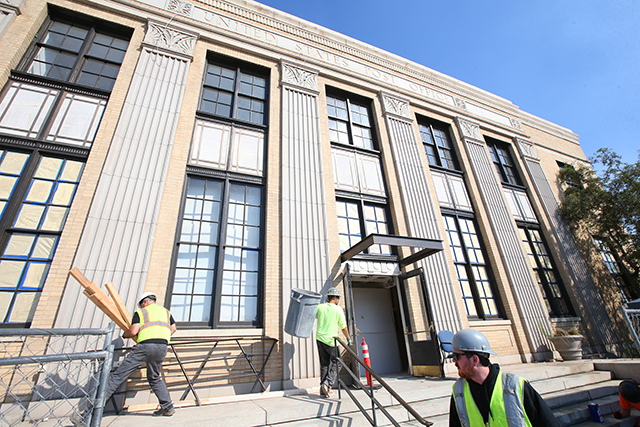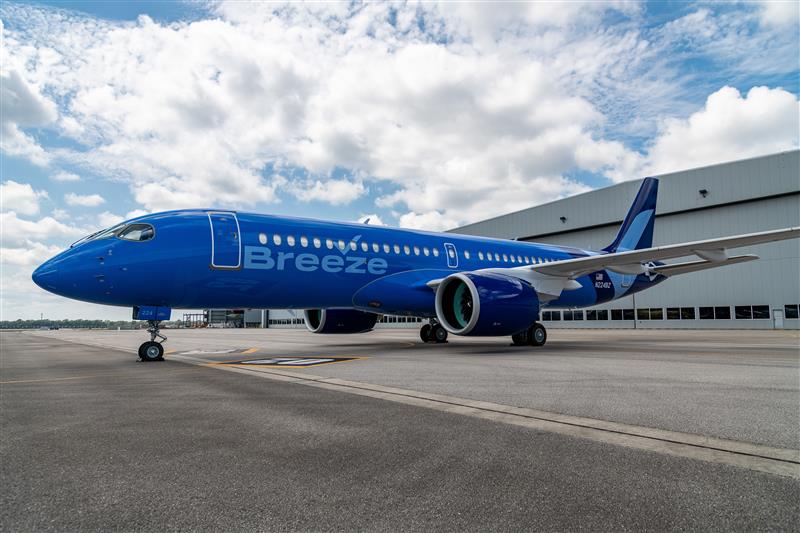The ‘Incredible’ Sarah Vowell headlines Author! Author!
Published 12:00 am Thursday, November 15, 2018

- The character of Violet Parr in "The Incredibles" and "Incredibles 2" is voiced by Sarah Vowell. (Pixar/Walt Disney Pictures)
Not often is an award-winning journalist, essayist and author of historical nonfiction also a successful Hollywood voice-over artist. But the trajectory of Sarah Vowell’s career has been as unconventional as her writing.
Montana-based Vowell is a New York Times best-selling author who has published seven nonfiction books on American history and culture, including “Radio On: A Listener’s Diary,” “Assassination Vacation” and “The Wordy Shipmates.” Her most recent book, “Lafayette in the Somewhat United States,” was released in 2015 and is an irreverent account of the young Marquis de Lafayette’s time in the revolutionary army of George Washington.
Trending
Vowell will headline the second event in the 2018-’19 Author! Author! series on Thursday at Bend High School, presented by the Deschutes Public Library Foundation. She will be interviewed on stage by Dave Weich, an author, filmmaker and the founder and president of communications firm, Sheepscot Creative.
Vowell’s historical writing is far different than the textbooks you may remember from history class. Her work has been described by various critics as irreverent, snarky, charming, provocative and “like performance art.” Vowell interweaves her own anecdotes and commentary with the dates and details more typically found in such books. She detours into the messier, less examined and sometimes humorous aspects of historical subjects that interest her and in the process, humanizes the exalted historical figures she writes about.
Some people may be more familiar with Vowell’s speaking voice than her writing. She contributed to the public radio show, “This American Life” from 1996 to 2008 and is also the voice of angsty teen superhero, Violet Parr, in the animated films “The Incredibles” and “Incredibles 2.”
Vowell has also appeared in several documentaries and written articles for the New York Times, Huffington Post, Salon and more.
Vowell’s quirky sense of humor and wide range of interests is apparent in the responses she provided via email to the following questions.
Q. You have a master’s degree in art history. At what point post-college did you realize you enjoyed the history half of that field more than the art?
Trending
A. I’m still an art historian in my private life. I was reading a book about Ming Dynasty murals earlier today. It’s not that I prefer history to art. It’s definitely still the reverse. It’s that I’m a better writer about political, religious or military history and politics for some reason than I am about visual art. … But just more practically, I started as a journalist for my college paper writing about art and that just led to different kinds of journalism and narrative nonfiction in general. It wasn’t a plan.
Q. Your books all have hilariously descriptive titles, and you’re known for your somewhat unconventional takes on history. Do you feel pressure to be “funny” when you are interviewed or making a presentation?
A. I do take into account when doing a live event that people have hired babysitters, so I try not to be a total drag. … But I’m a whole person and my subject is American history, which can be dark, and the whole point of nonfiction is the truth. Not every thing is funny nor should it be, and I’m a writer, not a clown. I generally let the subject of whatever I’m talking about dictate my tone. I would say my live events skew jolly but my tone varies because so does life. More and more, I’m personally just entertained by knowledge itself. I would rather watch “Frontline” than a sitcom.
Q. What do you enjoy most and least about writing? Has your process changed at all over the course of your seven books?
A. I enjoy writing, but as a nonfiction author and journalist that’s probably about a quarter of the job. Doing the research and then structuring said research to the point where I can write is the tricky, exhausting part. My least favorite part of journalism is interviewing, hence my fondness for writing about dead people. My favorite part of writing is rewriting. My sweet spot is anything after the 10th draft when I’m just polishing the marble, making each sentence as clear and useful as I can. I get slower and slower every year. Because I do more and more rewrites, which is my idea of fun.
Q. Had you taken any formal writing classes or training before you wrote your first book, “Radio On?”
A. I took poetry classes in high school and college. I was a literature major, and I have a master’s degree in art history. Art historical writing tends to be “compare and contrast” so that’s an excellent way to learn how to write. You have to look long and close at objects, and each one becomes clearer and unique when it’s held up next to something else. I was also an orchestral composer as a kid, … which comes in handy writing words. Sometimes I’m just searching for a sound or a rhythm as much as meaning. Also, I think orchestral writing depends on pacing, going from fast to slow, soft to loud — there’s so much variety and movement. I think that’s reflected in my tone, how I can go from plaintive and poetic to settling into a simple joke and then on to a rumination on some idea.
Q. I have to ask about the “Incredibles” films and your voice-over work as Violet Parr. How did you land that role and approach the character?
A. The director Brad Bird heard one of the documentaries I used to make for public radio. The character is a sardonic teenage girl, so I generally had that down. The main thing I had to work at was being openly emotional. I can be emotional in private and in my writing, but I was brought up to be pretty stoic in public settings and that’s where having a director comes in handy. Though there’s one crying jag in the second film that I had to do on a sound stage (while) being stared at that I hope to suppress and bury as soon as possible. When I finished crying into a microphone, I said to Brad Bird, “Let us never speak of this again.”
Q. Do you plan to do more voice-over or acting work?
A. I would never say never, but it’s not anything I’m seeking out. All I care about is writing.
Q. Have you found working in Hollywood has informed your writing at all, or vice-versa? Any plans for a screenplay in your future?
A. No and no. Nonfiction is my calling. I honestly don’t understand why Brad Pitt is more famous than architectural essayist Lewis Mumford.
Q. Is there anything you want readers to know about your upcoming Author! Author! presentation?
A. It’s an on-stage conversation with another person interviewing me. Generally, that means it’s more informal and spontaneous than a reading. In that I am not a spontaneous writer whatsoever, I will of course be rewriting the event in my head for about 10 days afterward though.








